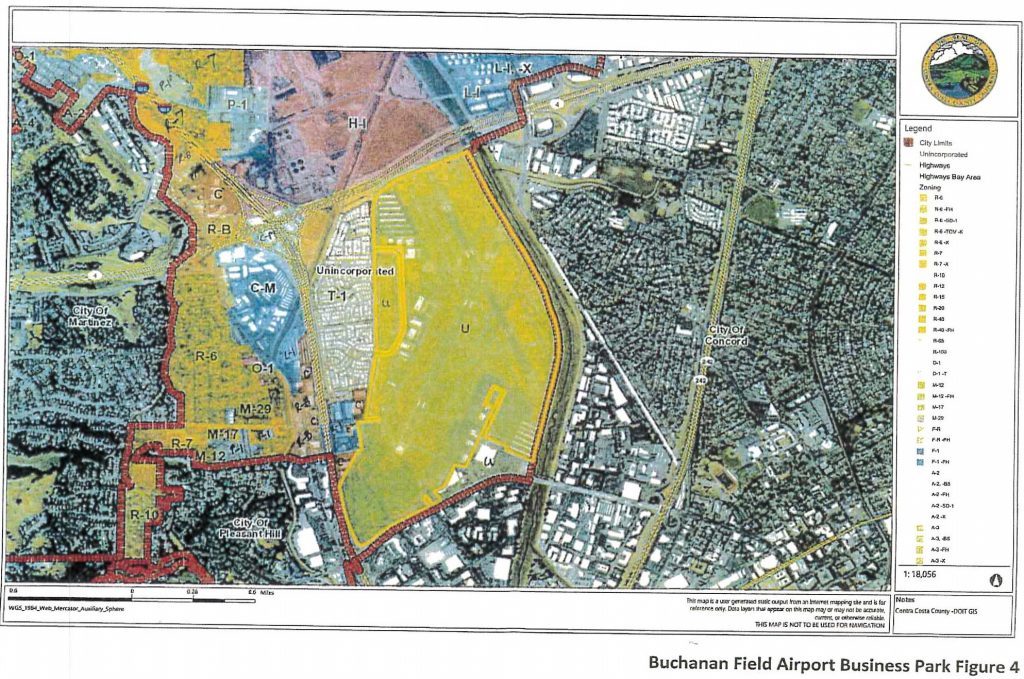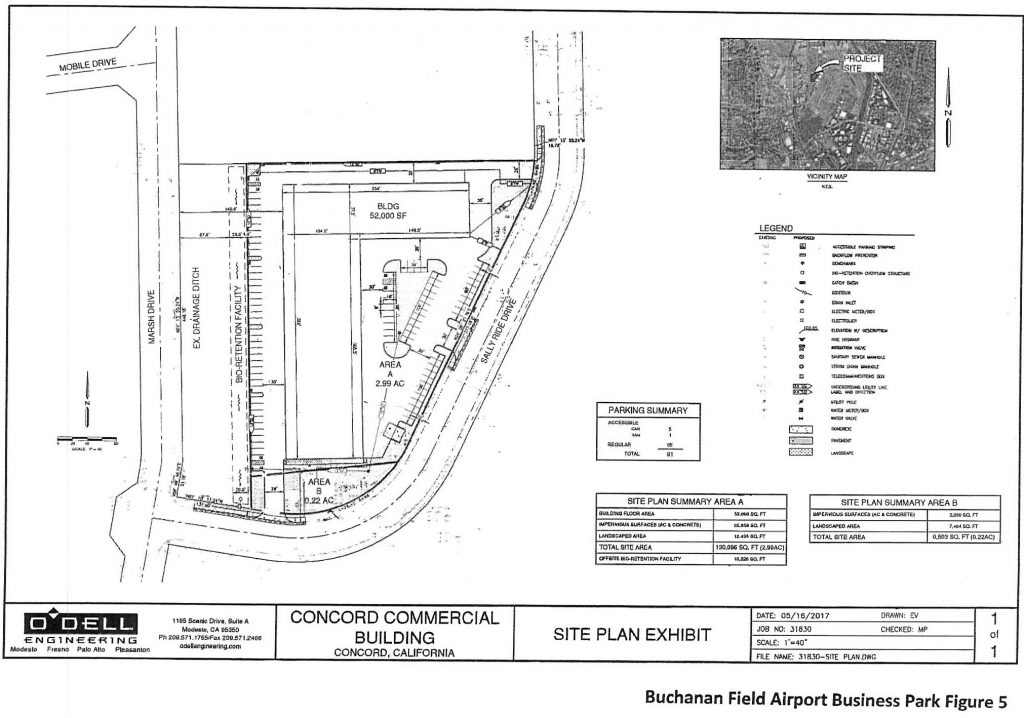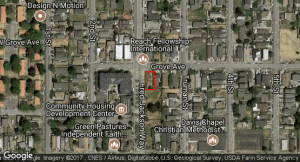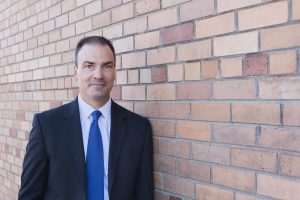Includes one Antioch resident; next Mmeting Monday, August 28
The Contra Costa County Sustainability Commission will hold its second meeting on Monday, August 28, 2017, 5-7 p.m., at 30 Muir Road, Martinez. The Board of Supervisors created the Sustainability Commission earlier this year to advise the Board and County staff on how to make Contra Costa County healthier and reduce pollution, important goals of the County’s Climate Action Plan. The agenda for the meeting can be found here.
Thirty-five people applied for the 10 seats on the Sustainability Commission. Given the high level of interest and the opportunity to include more voices, the Board of Supervisors created an additional At-Large seat and allowed each Supervisor to appoint an alternate from his or her district. The 15 members and alternates of the Sustainability Commission appointed to date come from across the County and represent a range of interests and professional experience. The members include:
Nick Despota, Member, District 1. Nick Despota, a longtime resident of Richmond, has served on numerous commissions and non-profit boards. His professional career has included video production, writing for educational media, and web design. After retiring in 2016, he began volunteering with an environmental organization to develop its online media presence. Nick currently leads the communication team for the Alameda Chapter of the Citizens’ Climate Lobby.
Victoria Smith, Member, District 2. Victoria Smith is the former Mayor of Orinda and longtime City Council Member. Victoria served as Chair of the Central Contra Costa Solid Waste Authority, RecycleSmart, which provides recycling, reuse and garbage services to the cities of Orinda, Lafayette, Moraga, Walnut Creek, Danville, and central Contra Costa County. Victoria is a graduate of UC Berkeley and UC Hastings College of the Law, and practices real estate law.
Reid Edwards, Alternate, District 2. Reid Edwards is a retired senior public affairs executive who worked for many years on all aspects of energy and environmental issues, both locally and in Washington, D.C. He resides in Lafayette and has lived in Contra Costa County, with short interruptions, since 1963. He currently volunteers with a number of local institutions including White Pony Express and the Food Bank of Contra Costa and Solano.
John Sierra, Member, District 3. John Sierra teaches AP Environmental Science and was the Freedom High School teacher of the year in 2013. He is actively involved with multiple community organizations and frequently takes his students on adventures near and far including Yosemite and Nicaragua. John is dedicated to protecting natural resources while creating a healthy living environment for all.
Gretchen Logue, Alternate, District 3. Gretchen Logue is dedicated to community civic engagement, and has a lifelong passion for environmental sustainability. She is the co-founder of the Tassajara Valley Preservation Association, an organization dedicated to the sustainability of Contra Costa County. In addition to serving as a board member on the Tassajara Hills Foundation, fundraising for educational programs, this mother of three is also a California Naturalist.
Wes Sullens, Member, District 4. Wes Sullens, LEED Fellow, is the Director of Codes Technical Development at the US Green Building Council. Prior to joining USGBC, Mr. Sullens worked for a local government agency in Alameda County, California (StopWaste), where he provided green codes advocacy, building and product standards development, and green building policy support. Previous to StopWaste, he was an energy and sustainability consultant at a prominent firm in the US.
Travis Curran, Alternate, District 4. A lifelong environmentalist, Travis Curran has spent the past 11 years working in adult mental health. The Administrator at Crestwood Healing Center in Pleasant Hill, Travis led a sustainability project that transformed facility practices, saving over 2 million gallons of water, and earning a green certification and multiple green awards in the process. Travis is passionate about waste reduction, and the preservation and protection of our state and national parks.
Charles Davidson, Member, District 5. Charles was the lead community organizer for MoveOn East Bay during the housing crisis. He then became involved with 350BayArea and helped found the Sunflower Alliance, organizing for climate and environmental justice issues, opposing multiple planned large-scale toxic tar sands refinery expansion projects, and lobbying for Community Choice Energy and a fossil-free and inexpensive clean energy future. Charles has studied cancer biology and medical physics at the graduate school level and holds a US patent in advanced medical imaging.
Mark Thomson, Alternate, District 5. Long-time Martinez resident Mark Thomson is Co-President of the John Muir Association, which works closely with the National Park Service to share the legacy of John Muir. Mark is also Co-Facilitator of Thousand Friends of Martinez, an organization dedicated to defending parks, creeks, wetlands, open space and historic elements in the Martinez area. Mark has previously volunteered with the Boy Scouts, Mt. Diablo Peace and Justice Center, and other organizations. His professional background is in Information Technology.
Howdy Goudey, At-Large, Community Group. Howdy Goudey has an Engineering Physics degree from UC Berkeley and has worked for 24 years in the research and development of energy efficient buildings, particularly windows, at the Lawrence Berkeley National Laboratory. He has also been a member of the City of El Cerrito Environmental Quality Committee for 9 years, as well as a volunteer with community gardens and native habitat restoration.
Harry Thurston, At-Large, Community Group. Antioch resident Harry Thurston is committed to furthering sustainable resource usage by Contra Costa County and the municipalities within. He received formal training in sustainable resource usage from Humboldt State University, receiving a BS in Forestry. He put this knowledge into practice as a Peace Corps volunteer, followed by 10 years of Commercial Forestry practice, receiving California certification as a Registered Professional Forester. Most recently, over the last several years, he has been leading the East Contra Costa effort to implement a Community Choice Energy program for the County’s unincorporated area and for the incorporated municipalities within the County. Harry is a member of the Contra Costa Clean Energy Alliance.
Kathy Cutting, At-Large, Business. Kathy Cutting is a Bay Area native, settling in Oakley in 1989, where she raised her family. Over the last 20 years she has enjoyed working as a residential landscape designer promoting sustainable land options for homeowners. As an alumna of Cal State East Bay, Kathy now works at the University’s Concord Campus, where she is a liaison for all sustainability programs within the Concord campus community.
Nicholas Snyder, At-Large, Business. Nicholas Snyder is a Senior Analyst at Tierra Resource Consultants, an energy and natural resource consulting firm in Walnut Creek. Most recently, he has served as a lead on the funding and financing of energy efficiency, renewables, and energy storage. Before joining Tierra, he interned at Contra Costa County Climate Leaders and the Energy Division of the California Public Utilities Commission, where he supported regulatory oversight of the Energy Watch, Regional Energy Network, and Community Choice Energy programs.
Doria Robinson, At-Large, Environmental Justice. Doria is third generation resident of Richmond, California and the Executive Director of Urban Tilth, a community based organization rooted in Richmond dedicated to cultivating urban agriculture to help the community build a more sustainable, healthy, and just food system. Doria is trained as a Watershed Restoration Ecologist, and is a Certified Permaculture Designer, Certified Bay Friendly Gardener, a Certified Nutrition Educator, and a Certified Yoga Instructor and the founder of Sanctuary Yoga. She was recognized as Environmental Advocate of the Year for Contra Costa County and as Woman of the Year for Contra Costa County in 2010. In 2011, she was presented with a Community Resiliency Leadership Award from Bay Localize.
Scott Warfe, At-Large, Education. Scott Warfe is an Assistant Professor of English and Developmental Education Lead at Los Medanos College. In addition to work in the English Department, Scott is also one of the founders of the LMC Food Pantry and volunteers with The Trinity Center, which serves homeless and working poor people in East Contra Costa County.
 Sheriff-Coroner awarded $400,000 in grants
Sheriff-Coroner awarded $400,000 in grants The Montecito lease calls the one-year period beginning April 1, 2022, 2023, 2024, 2025, 2026 any adjustment will not be greater than 75 percent of the CPI factor. For the one period beginning on April 1, 2028, throughout the lease term, any adjustment to ground rent based on CPI may not be more than 4 percent of ground rent then in effect.
The Montecito lease calls the one-year period beginning April 1, 2022, 2023, 2024, 2025, 2026 any adjustment will not be greater than 75 percent of the CPI factor. For the one period beginning on April 1, 2028, throughout the lease term, any adjustment to ground rent based on CPI may not be more than 4 percent of ground rent then in effect.










 By Daniel Borsuk
By Daniel Borsuk

















